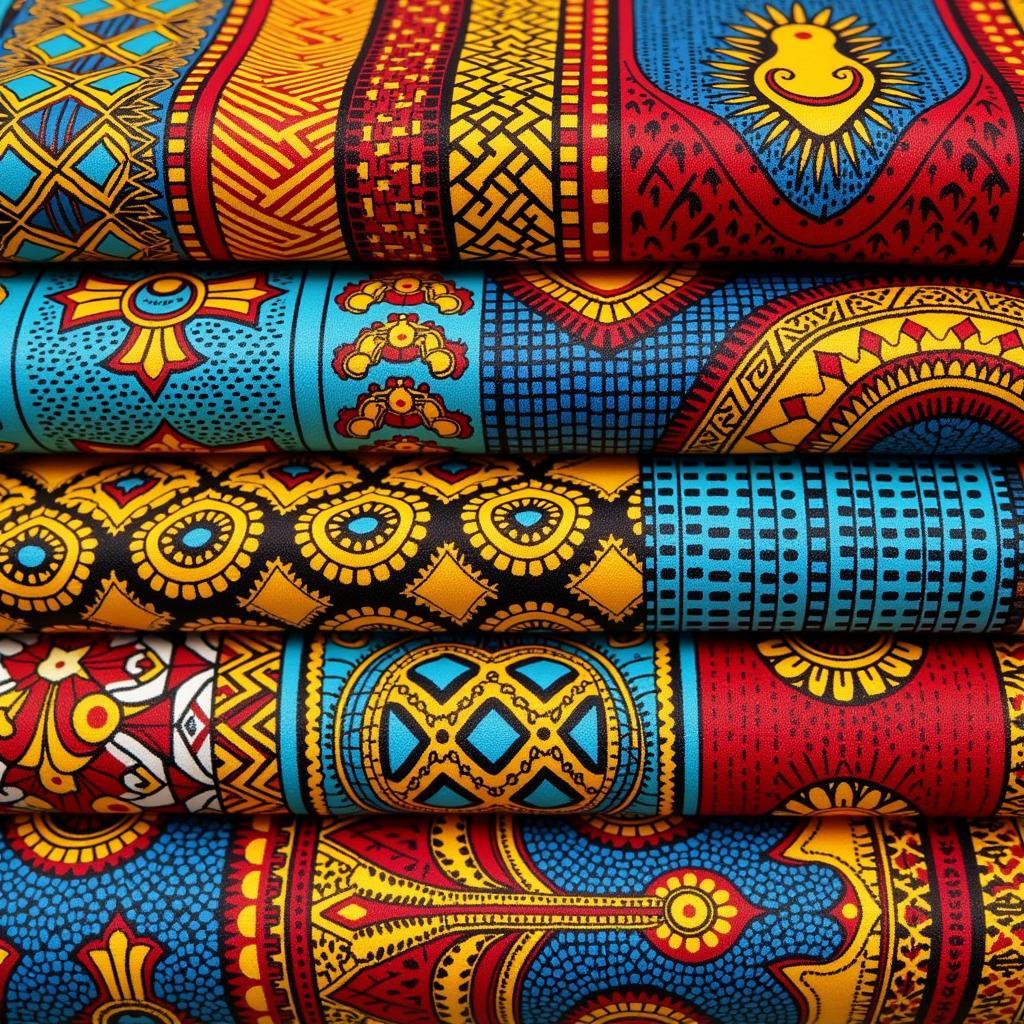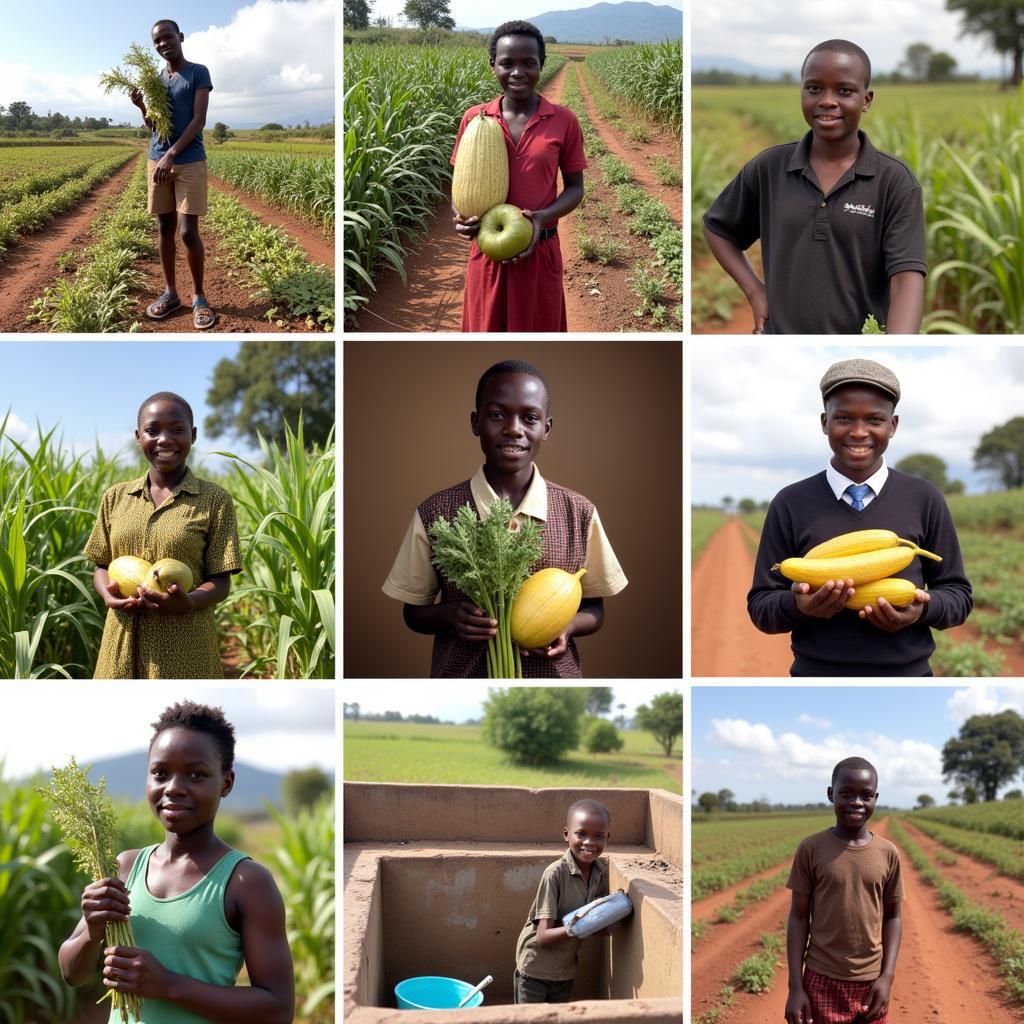African Freedom Fighters Name: A Legacy of Courage and Resilience
The fight for freedom is a universal human story, and the African continent has witnessed countless individuals who bravely stood up against oppression and injustice. These freedom fighters, driven by a profound commitment to self-determination and equality, have left an indelible mark on the history of Africa. Their names are synonymous with resistance, courage, and the pursuit of a brighter future for their people. This article delves into the inspiring legacies of some of the most notable African freedom fighters, exploring their struggles, achievements, and enduring impact.
Notable African Freedom Fighters: Inspiring Stories of Courage and Resilience
Throughout history, numerous African individuals have dedicated their lives to liberating their people from colonial rule and fighting for social justice. Their stories are not just about battles won and lost; they are about unwavering determination, resilience, and the enduring spirit of human freedom. Here are some prominent figures whose names continue to inspire generations:
1. Nelson Mandela (South Africa): A symbol of resistance against apartheid, Nelson Mandela spent 27 years in prison for his activism. He emerged as a global icon for his unwavering commitment to peace and equality, advocating for dialogue and reconciliation. Mandela’s leadership played a pivotal role in dismantling apartheid, paving the way for a democratic South Africa.
2. Kwame Nkrumah (Ghana): A prominent Pan-Africanist leader, Nkrumah played a crucial role in Ghana’s independence movement. He became the first President of Ghana, advocating for unity and cooperation among African nations. Nkrumah’s vision for a united Africa continues to inspire contemporary Pan-Africanist movements.
3. Jomo Kenyatta (Kenya): Kenyatta was a central figure in the Kenyan independence struggle. He founded the Kenya African National Union (KANU), leading the fight for self-determination. After years of struggle, Kenya achieved independence in 1963, with Kenyatta becoming the first President.
4. Patrice Lumumba (Democratic Republic of Congo): A key figure in the Congolese independence movement, Lumumba became the first Prime Minister of the Democratic Republic of Congo (DRC). He was overthrown in a coup and assassinated shortly after, leaving behind a legacy of resistance against colonialism. Lumumba’s life and death have become a symbol of the struggle against imperialism in Africa.
5. Amílcar Cabral (Guinea-Bissau and Cape Verde): A revolutionary leader, Cabral fought for the independence of Guinea-Bissau and Cape Verde. He founded the African Party for the Independence of Guinea and Cape Verde (PAIGC), leading a protracted guerrilla war against Portuguese colonial rule. Cabral’s revolutionary ideas and strategies influenced anti-colonial movements across Africa.
6. Samora Machel (Mozambique): A prominent figure in the Mozambique Liberation Front (FRELIMO), Machel led the fight against Portuguese colonialism. After Mozambique’s independence in 1975, he became the first President, focusing on building a new nation and developing social programs.
7. Julius Nyerere (Tanzania): Tanzania’s founding father and a Pan-Africanist leader, Nyerere played a significant role in the country’s independence movement. He led the Tanganyika African National Union (TANU), advocating for self-reliance and socialist principles. Nyerere’s legacy is marked by his commitment to social justice, education, and Pan-African unity.
8. Leopold Sedar Senghor (Senegal): A poet, politician, and a leading figure in the Negritude movement, Senghor was a prominent voice for African cultural and political liberation. He led Senegal to independence from France and became its first President, emphasizing cultural preservation and Pan-Africanism.
9. Kenneth Kaunda (Zambia): A prominent figure in the Zambian independence movement, Kaunda led the United National Independence Party (UNIP), playing a key role in achieving independence from British colonial rule. He served as Zambia’s first President, advocating for non-alignment and Pan-African unity.
10. Steve Biko (South Africa): A prominent anti-apartheid activist, Biko was a leading figure in the Black Consciousness Movement. He advocated for black self-determination and challenged the racial inequalities prevalent in South Africa. Biko’s ideas and activism continue to influence social justice movements today.
11. Thomas Sankara (Burkina Faso): A charismatic revolutionary leader, Sankara came to power in Burkina Faso in a military coup. He implemented radical social and economic reforms, promoting self-reliance, education, and social justice. Sankara’s revolutionary vision and his commitment to pan-Africanism continue to inspire people across the continent.
The Enduring Impact of African Freedom Fighters: Legacy and Inspiration
The stories of these African freedom fighters are a testament to the human spirit’s resilience and unwavering pursuit of justice. Their struggles against oppression and colonial rule have inspired generations of Africans and people around the world, shaping the landscape of modern Africa. Their legacy reminds us of the importance of fighting for equality, freedom, and self-determination.
Their impact is felt in:
- Democratization of Africa: The struggle for independence led to the emergence of democratic institutions and systems in many African countries.
- Pan-Africanism: The fight for freedom strengthened pan-African solidarity, fostering cooperation and unity among African nations.
- Social Justice Movements: Their struggles have inspired generations of social justice activists who continue to fight for equality, human rights, and economic justice in Africa and beyond.
Their courage, resilience, and commitment to a better future continue to inspire us to strive for a world where justice, freedom, and equality prevail for all.
Frequently Asked Questions
1. What were the main challenges faced by African freedom fighters?
African freedom fighters faced various challenges, including brutal colonial regimes, suppression of their voices, and the manipulation of political systems. They also had to navigate internal divisions and competing interests within their societies.
2. What strategies did African freedom fighters employ to achieve their goals?
African freedom fighters utilized diverse strategies, ranging from peaceful resistance and diplomacy to armed struggle and guerrilla warfare. They employed various tactics, including boycotts, protests, strikes, and mass mobilizations.
3. What are the lasting impacts of the African freedom fighters’ struggles?
The struggles of African freedom fighters have had a profound and lasting impact, leading to independence for many African nations, shaping pan-Africanist ideologies, and inspiring generations of activists fighting for social justice.
4. How can we honor the legacy of African freedom fighters?
We can honor their legacy by continuing to fight for justice, equality, and human rights, advocating for the betterment of African societies, and learning from their experiences to ensure a brighter future for all.
5. What are some resources for learning more about African freedom fighters?
You can learn more about African freedom fighters through books, documentaries, museums, and online resources. There are numerous biographies, historical accounts, and academic studies that delve into the lives and struggles of these remarkable individuals.
6. How can we promote awareness of African freedom fighters’ contributions to history?
We can promote awareness by sharing their stories, educating others about their struggles, and celebrating their achievements. We can also support initiatives that preserve their legacies and ensure future generations remember their contributions to human liberation.
7. Are there any contemporary figures carrying on the legacy of African freedom fighters?
Yes, there are many contemporary figures who carry on the legacy of African freedom fighters. They may not be engaging in armed struggle but are actively working for social justice, economic empowerment, and political reform in Africa.
We hope this article has shed light on the inspiring stories of African freedom fighters and their enduring impact on the continent and beyond. Let us continue to celebrate their legacy and strive to build a world where their vision of a free, just, and equitable Africa becomes a reality.

